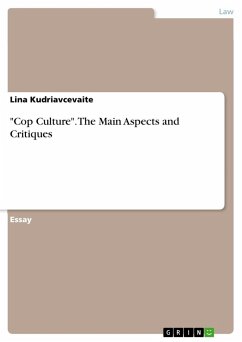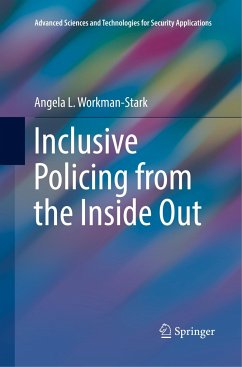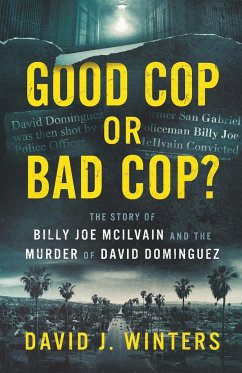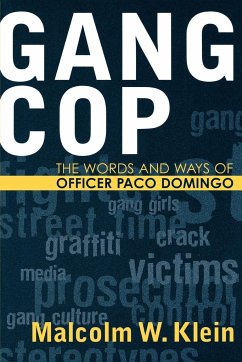
"Cop Culture". The Main Aspects and Critiques

PAYBACK Punkte
0 °P sammeln!
Essay from the year 2010 in the subject Law - Criminal process, Criminology, Law Enforcement, grade: 2:2, University of Hull, language: English, abstract: This essay aims to identify the principal features and characteristics associated with 'cop culture' and give an answer to the question, what the main recent critiques of the previous scholarly accounts of this concept have been.The terms police culture(s), cop and canteen culture have entered the discourse of police studies. As Skolnick has unfolded, police behaviour is influenced by the underlying values and politics of the community that ...
Essay from the year 2010 in the subject Law - Criminal process, Criminology, Law Enforcement, grade: 2:2, University of Hull, language: English, abstract: This essay aims to identify the principal features and characteristics associated with 'cop culture' and give an answer to the question, what the main recent critiques of the previous scholarly accounts of this concept have been.The terms police culture(s), cop and canteen culture have entered the discourse of police studies. As Skolnick has unfolded, police behaviour is influenced by the underlying values and politics of the community that finances the police department. Recent studies on police culture phenomenon have recognized its potential for change and diversity; studies also discovered individual and organizational variations, and new challenges. Considering these variations, it would be more accurate to use a plural form when referring to the police culture, for a unified singular culture as such does not exist. However, some common persistent features, expressed throughout several decades, can be identified within police institutions. Skolnick emphasizes that representatives of various professions tend to share occupational features: they develop distinctive ways of perceiving and responding to their environment. As police officers are involved in offenders' apprehension, it might contribute to the professional suspiciousness, biases and prejudices. Indeed, even the training of police officers indicates the necessity for suspiciousness, because some events or physical surroundings may signal the likelihood of danger in advance.













